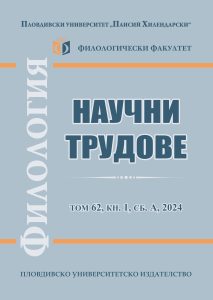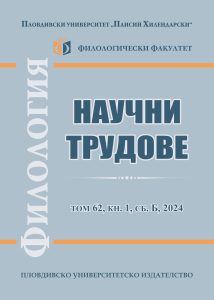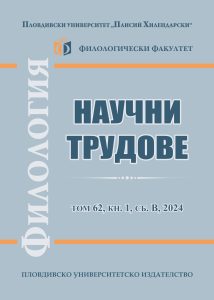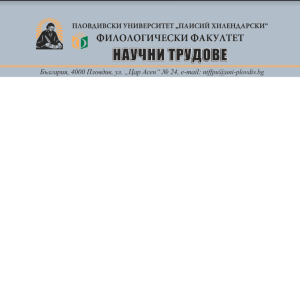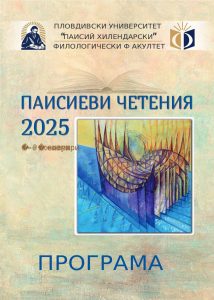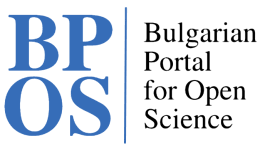VOL. 54, BOOK 1, PART A, 2016, pp. 315 – 332 Full text (Pl)
Author: Iwona Nowakowska-Kempna
Affiliation: Jan Długosz University of Częstochowa
Abstract
Lexicological studies require the analytical depth that is indispensable to the lexical semantic analysis, that is, the notion of conceptualisation in cognitive studies and the broad perspective that includes etymology and the semantic clustering model of a lexeme, and polysemy. A detailed analysis is provided by first contrasting data from two or more Slavic languages and then contrasting the data from Slavic languages with the data from Germanic and/or Romance languages. Although semantic similarities in all languages are connected with the axiological layer of dom as the good, and in consequence, as value, and with such elements of conceptualisation as ‘a building for living in, usually where people live’ and the polysemy of dom, semantic differences are to be found in its construal,cultural, social, and historical experiences ingrained in phraseology and proverbial expressions (paroemia), as well as in metaphorical lexis.
Key words: cognitive studies, conceptualisation, conceptual domain, contrastive lexical semantics, polysemy, phraseology, axiology, house/home


